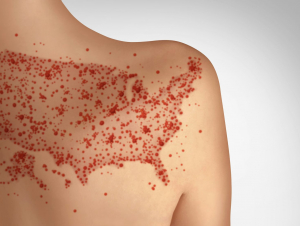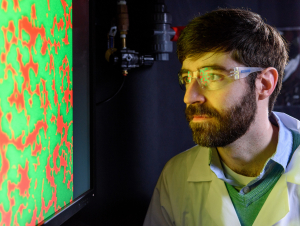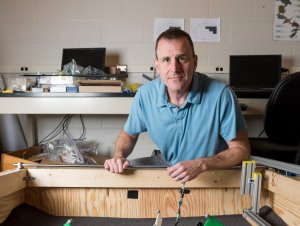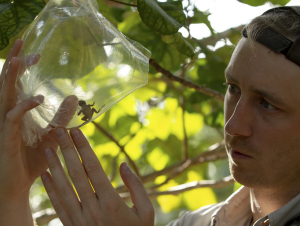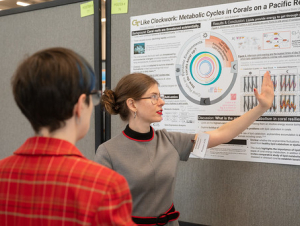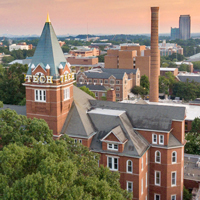Latest News
A major new international study exploring the long-term relationship between job and life satisfaction shows that personal happiness is the major driver for a satisfying work life, not the other way around.
Measles can damage the lungs and immune system, and also inflict permanent brain damage.
TopoDx has developed a test that identifies antibiotic resistance in just four hours, addressing a critical global challenge.
Daniel Goldman has been honored as a fellow of the American Association for the Advancement of Science, the world’s largest multidisciplinary scientific society.
Each May, coinciding with the start of the breeding season, we visit Lizard Island to capture, study and release all adult anoles – a population that fluctuates between 600 to 1,000.
The College of Sciences proudly recognizes the six graduate scholars awarded $1,000 in research travel grants during the Career, Research, Innovation, and Development Conference (CRIDC) poster competition.



